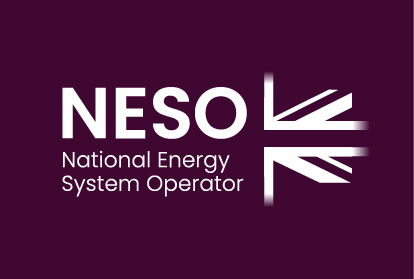Digitalisation and data sharing are critical enablers to the achievement of net zero. If an ecosystem of connected digital twins is to be delivered for the energy system, a common framework is required. No framework for interoperable data exchanges in energy exists or has reached this stage of development. The proposed design developed to date through desk-based research and interviews requires validation through a proof of concept aligned to related programmes National Digital Twin Programme and Digital Spine.
This project continues the development of the tangible demonstrator for the common framework, with the aim to develop a simplified proof of concept and detailed design of the technical architecture required, bringing together the related programmes.
Benefits
The work to date has identified (Virtual Energy System Discovery) and started to design (NIA2_NGESO028 Common Framework Demonstrator) a tangible demonstrator to test the Virtual Energy System (VirtualES) Common Framework’s ability to create an ecosystem of connected digital twins. This demonstrator is currently focusing on an electricity system use case surrounding maximising access for flexibility through enhanced operational planning. As part of this phase we will examine how this use case can support higher value opportunities including Centralised Strategic Network Planning.
By developing and trialling the common framework through a demonstrator we can accelerate implementation, while the use of a tangible use case will help to form a narrative that can be understood by a broad range of stakeholders.
The learning from this project is expected have a material impact on the design and development of the energy sector data sharing infrastructure. In parallel to this project, Ofgem and the Department for Energy Security and Net Zero (DESNZ) are actively investigating the requirements and development proposals for digitalisation in the energy sector. Future consultations are expected, and this work will help to inform the ESO’s response.
The technical alignment between VirtualES, the National Digital Twin Programme and related energy sector programmes including Open Energy will help to reduce duplication and enhance interoperability. This will also drive an acceleration of development enabling effective collaboration.
The demonstrator use case, and the other use cases being developed in the wider VirtualES programme, would individually and jointly deliver benefits to the energy system including greater system operability and resilience; reduced greenhouse gas emissions; and reduced consumer bills.
Learnings
Outcomes
The project has delivered all deliverables as planned, these will be reviewed through a triage process and made available where possible, there may be constraints to sharing some of the outputs due to Security and Commercial sensitivities. This will be considered on closure of the project and where possible redacted issues will be shared.
Lessons Learnt
The project has delivered the required preparation and design to enable NESO and partners to commence a pilot implementation in future phases. Learning from this project can also support other networks and industry participants with understanding and developing their data sharing requirements.
The pilot will be the beginning of the VirtualES build process; during this phase, the technology will be deployed in a test or virtual lab environment and trialled in pilot mode to enable early testing of the solution, and to gain feedback from users for future development.
The same operational planning use case that has been defined and explored during the previous programme phases will be used to drive the development and testing of the pilot.




